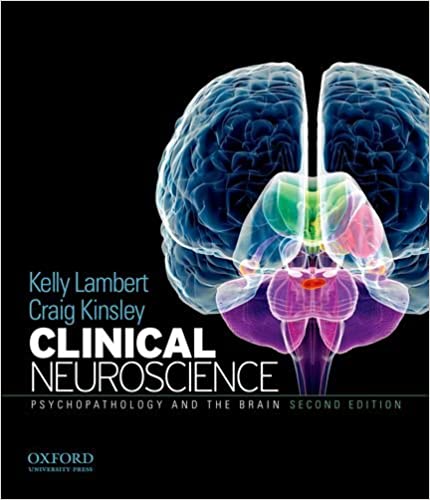- Neuroscience
- Psychology

Description
Clinical Neuroscience informs students of relevant neurobiological foundations of various mental illnesses. In this book, students will begin their journey with a tour of the brain's fundamental building blocks (neuroanatomy, neurochemistry, neurophysiology, neurodevelopment) before moving to mental health challenges and illnesses (Traumatic brain injury, Parkinson's Disease, Addiction, Schizophrenia, Obsessive-Compulsive Disorder, Depression). The final section of the book includes chapters addressing topics thought to be important for building resilience against the emergence of mental illness; these chapters cover the topics of adaptive coping strategies, hunger regulation, and the nexus between mental and immune functions. Throughout the text, the value of empirical evidence is emphasized so that meaningful progress can be made toward the identification of the most effective treatment strategies. By understanding multiple neurobiological perspectives such as neuroanatomical, behavioral, evolutionary, and neurochemical approaches currently existing in the field, students will be better prepared to conceptualize the relevant components of these mental health puzzles. Features such as opening chapter vignettes (Connections), case studies (A Case in Point) and feature boxes (Brain Matters) illuminate the course content for students as they learn about the value of translational research.